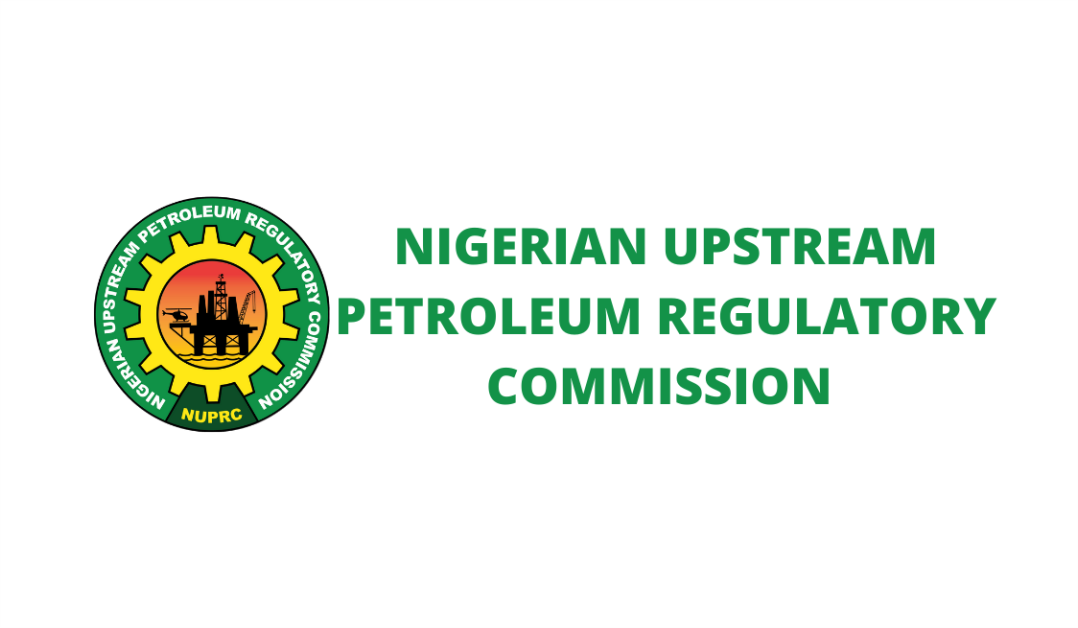The Nigerian Upstream Petroleum Regulatory Commission (NUPRC) has intensified efforts to boost the country’s crude oil production, with a renewed focus on unlocking 810,000 barrels per day (bpd) from Nigeria’s 6.8 billion barrels of deep offshore oil reserves.
At a high-level engagement held in Abuja on Monday, top officials of the commission met with major oil companies, especially International Oil Companies (IOCs), to discuss how to fast-track oil production through a “cluster or nodal development” model.
The event, themed “Harnessing the Potential of Shallow and Deepwater Oil and Gas Accumulations Through Cluster/Nodal Development in Nigeria”, brought together stakeholders from companies like Star Deepwater, ESSO, Nigeria Agip Exploration (NAE), Shell Nigeria Exploration and Production Company (SNEPCO), and Total Energies Upstream Nigeria.
Chief Executive of the Commission, Engr. Gbenga Komolafe, who was represented by Babajide Fashina, Executive Commissioner for Economic Regulation and Strategic Planning, said the project, if well executed, could change the face of Nigeria’s oil and gas sector.
He said, “Our deep offshore reserves currently stand at 6.8 billion barrels, representing 18% of our total oil and condensate reserves. In 2016, we were producing about 800,000 bpd from deep offshore, but that figure has now dropped below 500,000 bpd. The question is: how do we bring back and surpass that production level?”
According to Komolafe, Nigeria’s deepwater operations have already delivered over 4.4 billion barrels of oil since 1993, largely thanks to eight Floating Production, Storage and Offloading (FPSO) units. Yet, more reserves remain untapped.
He explained that recent in-house studies by the NUPRC revealed that there are still over 5.13 billion barrels of undeveloped deepwater oil and 13.53 trillion cubic feet (TCF) of non-associated gas (NAG) in the country.
“Of this, we estimate that about 1.55 billion barrels of 2P oil and 1.49 TCF of gas could be unlocked through approved Field Development Plans (FDPs). These could deliver up to 810,000 barrels of oil per day if developed,” Komolafe said.
To address delays and challenges in deepwater projects, he announced the creation of a special NUPRC committee on shallow and deepwater cluster development to work closely with the industry players.
On average, Nigeria’s crude and condensate production currently stands at about 1.75 million bpd—well below the nation’s potential of 2.2 million bpd. Komolafe said the new initiative is a bold move to close that gap.
In his remarks, Executive Commissioner for Development and Production, Enorense Amadasu, explained that despite various incentives like zero percent tax for deep offshore fields and other policies under President Bola Tinubu’s Executive Orders 40, 41, and 42, production levels have remained below expectations.
He noted, “What else can government do? We have incentives on taxes, local content compliance support, and efforts to reduce contracting time. Yet, we are not there. This is why we are meeting—to look for practical solutions with the operators.”
Amadasu said working alone is no longer effective, and urged oil companies to consider joint investments to reduce costs and share risks.
He added that the commission has set up sub-committees focusing on infrastructure, validation of reserves, financing, and regulatory support.
Meanwhile, the Head of Production Sharing Contracts (PSC) at NNPC’s Investment Management Services (NUIMS), Abba Yakubu, who spoke in a personal capacity, confirmed that deepwater oil assets are naturally clustered and would benefit from joint development.
“If these companies work alone, many of the fields will remain undeveloped. But if we work together, we can reduce costs and fast-track Final Investment Decisions (FID),” he said.
In conclusion, the NUPRC reiterated its commitment to working with all stakeholders to ensure that Nigeria’s deep offshore oil wealth is fully tapped, to boost national revenue, improve energy security, and support economic growth.
